From the Executive Director – Week of March 25, 2024
25 Mar 2024, by Seth Grigg Share :Late Action on IAC Legislative Priorities
Early this morning, Senate Bill 1403, modernizing Idaho’s area of city impact law, passed the House on a 69-1 vote. The bill previously passed the Senate and now heads to the Governor’s desk for his signature. Senate Bill 1403 was adopted by the IAC membership in September as one of IAC’s 2024 legislative priorities. Senate Bill 1403 is the result of a collaborative effort among cities, counties, realtors, and homebuilders to update Idaho’s area of impact law. The bill was co-sponsored by Representative Dustin Manwaring (Bannock County) and Senator Todd Lakey (Ada, Canyon, and Owyhee Counties).
Senate Bill 1403 accomplishes the following:
– Establishes that only one public hearing is required to adopting, amending, or repealing a comprehensive plan
– Clarifies that areas of impact are under the jurisdiction of the board of county commissioners
– Clarifies that an area of impact ordinance is a legislative proceeding and not subject to judicial review except in the limited circumstance that a city challenges whether or not a county followed to proper procedures for establishing an area of impact
– Limits the area of impact to no more than two miles outside of city limits (a county may establish an area of impact less than two miles, but cannot adopt an impact area more than two miles)
– Requires area of impact ordinances to be reviewed every five years
– Requires counties and cities to review existing areas of impact to ensure compliance with Senate Bill 1403 by December 31, 2025
IAC staff will provide a comprehensive review of Senate Bill 1403 at our upcoming Spring County Official Institute.
On another IAC legislative priority, House Bill 739, modifying the nonprofit hospital property tax introduction was reintroduced this morning in the House Ways & Means Committee. If enacted, the bill would require hospitals to certify the following prior to receiving the exemption:
– None of the hospitals net earning or donations inures to the benefit of individuals
– The hospital admits and treats members of the public without regard to race, religion, gender, or an individual’s ability to pay
– Indigent persons receive care either at no charge or at a reduced rate
– The hospital board is comprised of a broad based membership from the community
– The hospital board confers at least annually with the board of county commissioners regarding the county’s hospital needs
– The hospital maintains a charity plan
– Hospitals having more than 150 beds must provide a community benefit in which the benefit provided to the community exceeds the hospitals property tax liability
While the bill introduction is late in the session, IAC staff are working to secure a full public hearing and possible advancement of the bill. Stay tuned for more information as it becomes available.






